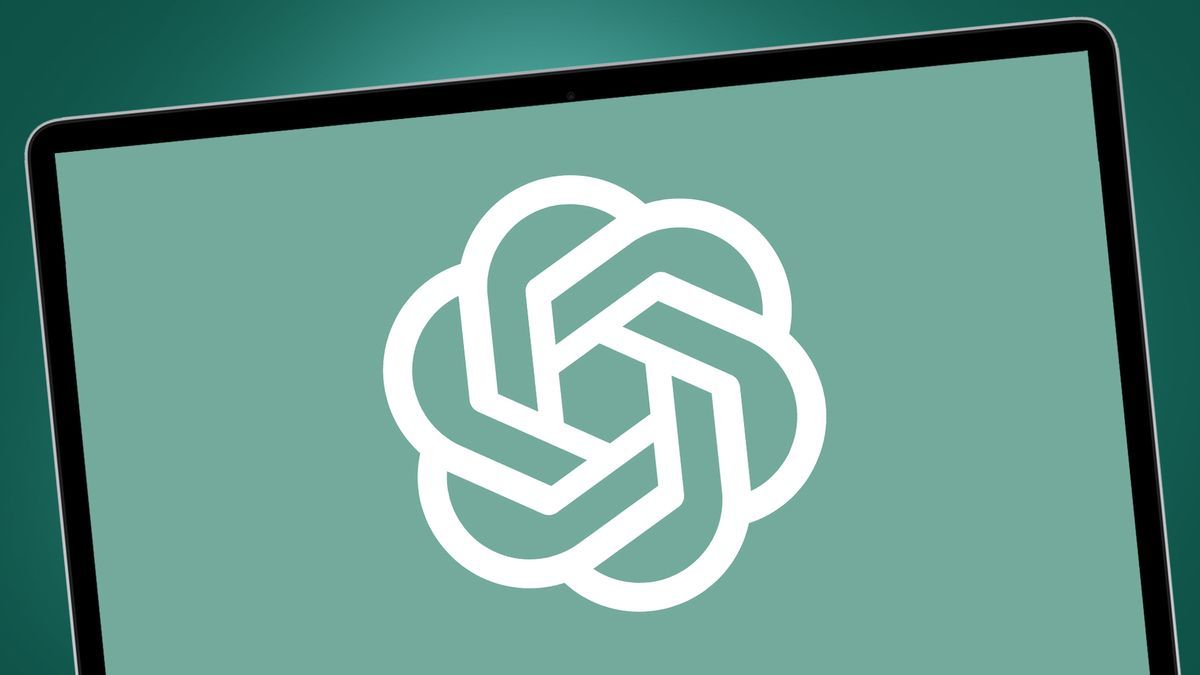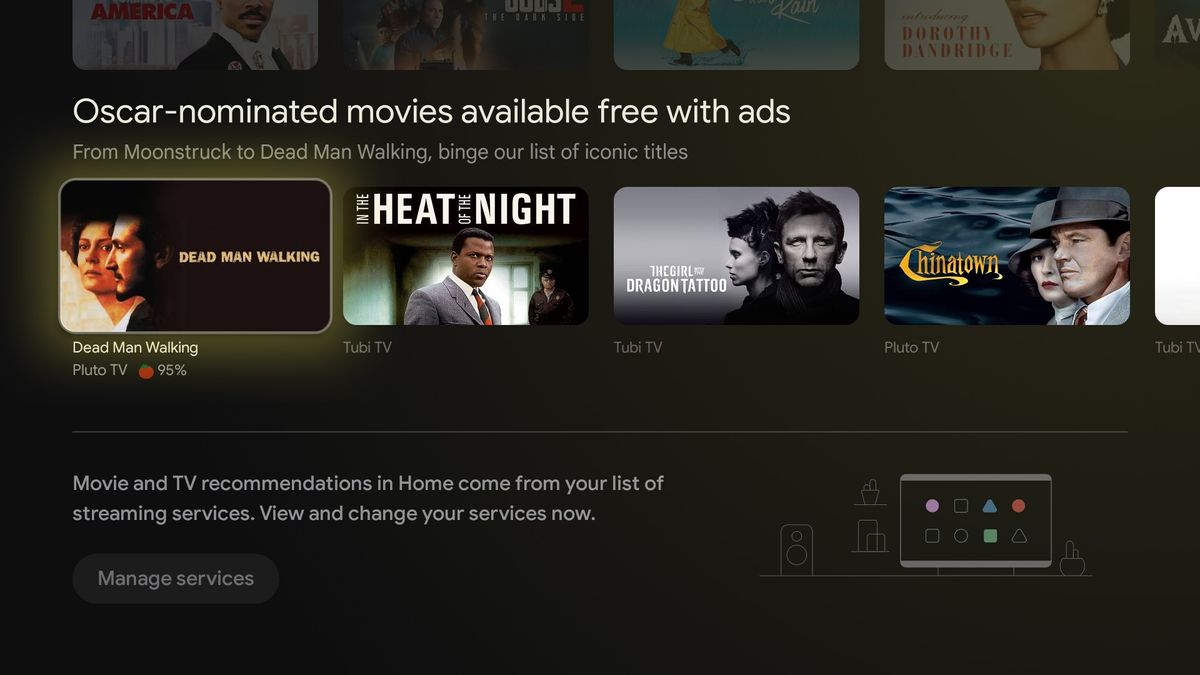OpenAI has aggregate more business-focused controls for its ChatGPT Enterprise subscription in an effort to help address businesses' biggest concerns.
The updates focus on compliance, data security, and scaling access to generative AI, while addressing the broader issue of meeting various stringent requirements across globally regulated industries.
Key to the update is the Enterprise Compliance API, which helps ensure alignment with standards such as GDPR, HIPAA, and FINRA.
ChatGPT now has even more business controls
The Enterprise Compliance API provides users with a detailed, time-stamped log of all interactions, including conversations, uploaded files, and metadata, which can be used for auditing.
OpenAI also unveiled third-party integrations with Forcepoint, Global Relay, Microsoft Purview, Netskope, Palo Alto Networks, Relativity, Smarsh, and Zscaler, which can be used for things like data archiving, audit logs, redaction, retention, and policy enforcement. The San Francisco-based organization pledged to work with more partners in the future, hinting at expanding its third-party support.
In addition to compliance features, OpenAI will also be rolling out an identity management system to make user management easier for IT administrators. The cross-domain identity management system, currently in beta, will work with “most enterprise directories,” including Okta Workforce, Microsoft Entra ID, Google Workspace, and Ping.
The latest control update for ChatGPT Enterprise customers is more granular control over custom GPTs. Administrators will now be able to create lists of approved domains, rather than allowing or blocking the use of GPTs altogether.
In an expression of its commitment to privacy and security, the company said no customer data or metadata is used to train models and that data is encrypted both at rest and in transit.
The business-focused subscription is now believed to have more than 600,000 users, with cheaper subscriptions for SMEs and consumers also available for monthly fees.









